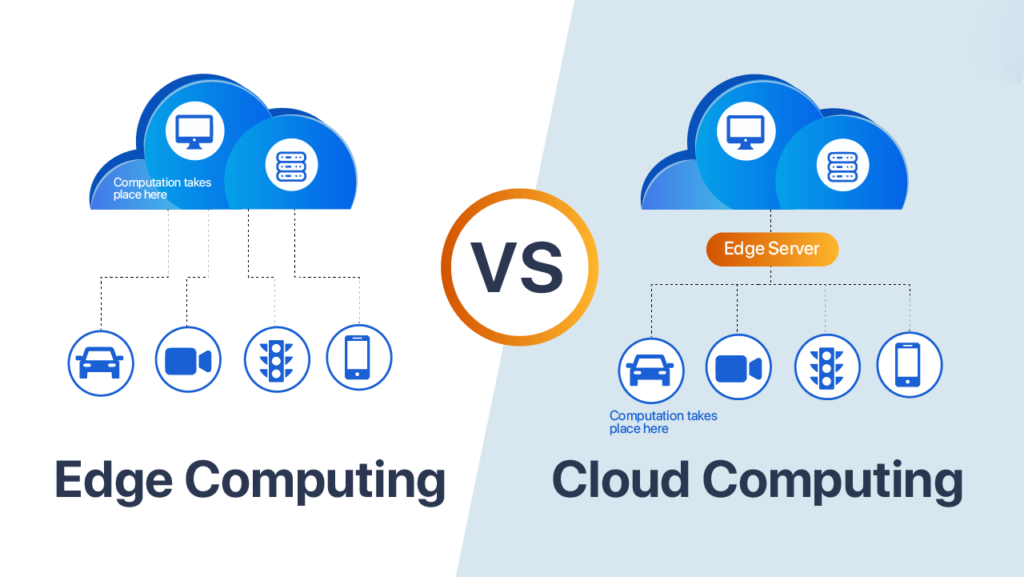The concept of the metaverse, a digital universe combining augmented reality, virtual reality, and the internet, is gaining momentum as technology continues to advance. For telecom companies, adapting to this shift is not just a consideration for the future but a necessity.
Let’s explore how these companies can prepare for the metaverse, ensuring they are at the forefront of connectivity and innovation.
Upgrading Network Infrastructure
As the metaverse evolves, the demand for high-speed and low-latency networks will soar. Telecom companies must invest in upgrading their infrastructure, including the implementation of 5G technology. A robust and reliable network is the backbone of the whole thing, facilitating seamless interactions and immersive experiences.
Collaborating with Metaverse Platforms
Establishing partnerships with emerging metaverse platforms is crucial for telecom companies. This collaboration can involve integrating telecom services into virtual environments, providing connectivity solutions for virtual reality (VR) headsets, and ensuring optimal performance for users engaging in such experiences.
Enhancing Data Handling Capabilities
The metaverse will generate vast amounts of data from user interactions, virtual transactions, and immersive content. Telecom companies need to enhance their data handling capabilities, implementing advanced analytics and processing systems to manage the influx of data efficiently. This will not only optimize network performance but also enable personalized user experiences.
Investing in Edge Computing
Edge computing will play a pivotal role in the metaverse by reducing latency and enhancing real-time interactions. Telecom companies should invest in edge computing infrastructure to bring data processing closer to the user, ensuring a seamless and immersive experience.

Developing Metaverse-Specific Services
To cater to the unique needs of metaverse users, companies can develop specialized services. This may include metaverse-friendly data plans, augmented reality (AR) and VR content packages, and innovative connectivity solutions that enhance the overall metaverse experience for consumers.
Ensuring Security and Privacy
As the metaverse expands, the importance of security and privacy becomes paramount. Telecom companies must prioritize the development of robust cybersecurity measures, including encryption protocols, secure data transmission, and user authentication mechanisms. Ensuring a safe and private metaverse environment will build trust among users.
Educating and Training Workforce
Preparing for the metaverse requires a skilled workforce familiar with emerging technologies. Telecom companies should invest in training programs to educate their workforce on metaverse concepts, technologies, and the unique challenges associated with providing connectivity in virtual and augmented spaces.
Engaging in Regulatory Discussions
The metaverse raises new regulatory considerations, from virtual property rights to data governance. Telecom companies should actively engage in discussions with regulators to shape policies that promote innovation while safeguarding user rights and privacy in the metaverse.
Conclusion
The metaverse represents a new frontier in digital interaction, and telecom companies have a pivotal role in shaping its landscape. By investing in network infrastructure, collaborating with metaverse platforms, and developing innovative services, telecom companies can position themselves as leaders in the metaverse era. The key lies in proactive preparation, staying attuned to emerging trends, and embracing the transformative potential of the metaverse for the benefit of both consumers and the telecommunications industry. The metaverse is not just the future; it’s the present, and telecom companies must be ready to navigate this immersive digital universe.









